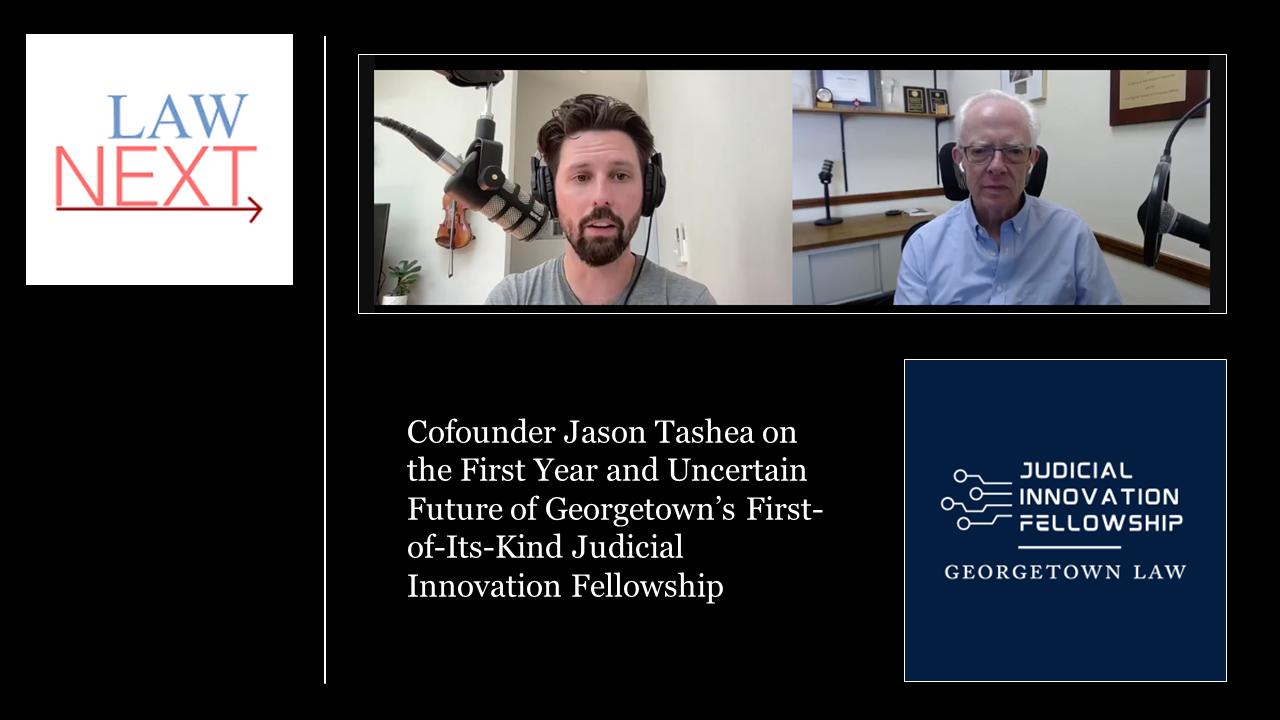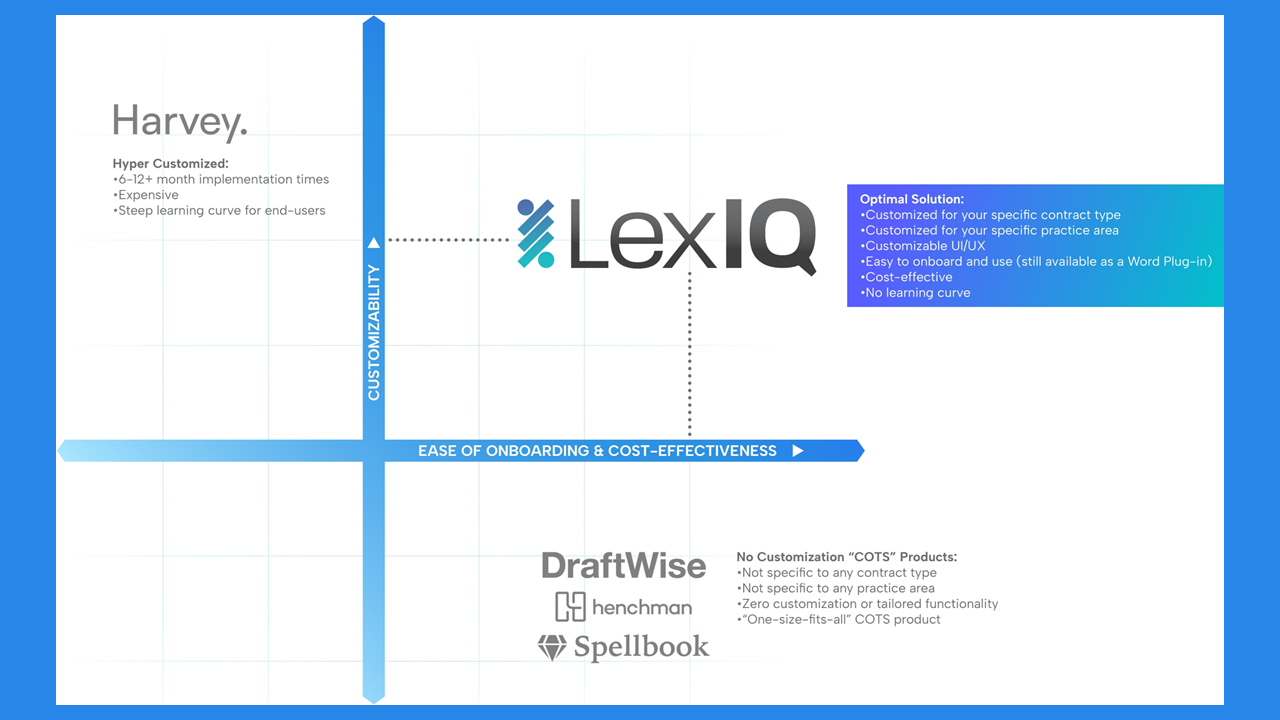A new legal ethics opinion on the use of generative AI in law practice makes one point very clear: lawyers are required to maintain competence across all technological means relevant to their practices, and that includes the use of generative AI.
The opinion, jointly issued by the Pennsylvania Bar Association and Philadelphia Bar Association, was issued to educate attorneys on the benefits and pitfalls of using generative AI and to provide ethical guidelines.
While the opinion is focused on AI, it repeatedly emphasizes that a lawyer’s ethical obligations surrounding this emerging form of technology are no different than those for any form of technology.
Related: Is Gen AI Creating A Divide Among Law Firms Of Haves and Have Nots?
“Lawyers must be proficient in using technological tools to the same extent they are in employing traditional methods,” the opinion says. “Whether it is understanding how to navigate legal research databases, use e-discovery software, use their smartphones, use email, or otherwise safeguard client information in digital formats, lawyers are required to maintain competence across all technological means relevant to their practice.”
That said, the opinion recognizes that generative AI raises unique issues not before seen in legal technology — most significantly its ability to generate text and, in the course of generating text, to hallucinate. The opinion says the capacity of this technology to generate text “opens a new frontier in our ethics guidance.”
“Rather than focus on whether a lawyer’s choice of specific legal arguments has merit, some lawyers have used Generative AI platforms without checking citations and legal arguments,” the opinions explains. “In essence, the AI tool gives lawyers exactly what they were seeking, and the lawyers, having obtained positive results, fail to perform due diligence on those results.”
The opinion also raises AI’s potential for bias, noting that it “is not a clean slate, free from prejudices and preconceptions.”
“These biases can lead to discrimination, favoring certain groups or perspectives over others, and can manifest in areas like facial recognition and hiring decisions,” the opinion says.
In light of issues such as these, the opinion says that lawyers have an obligation to communicate with their clients about using AI technologies in their practices. In some cases, the opinion advises, lawyers should obtain client consent before using certain AI tools.
12 Points of Responsibility
The 16-page opinion offers a concise primer on the use of generative AI in law practice, including a brief background on the technology and a summary of other states’ ethics opinions.
But most importantly, it concludes with 12 points of responsibility pertaining to lawyers using generative AI:
- Be truthful and accurate: The opinion warns that lawyers must ensure that AI-generated content, such as legal documents or advice, is truthful, accurate and based on sound legal reasoning, upholding principles of honesty and integrity in their professional conduct.
- Verify all citations and the accuracy of cited materials: Lawyers must ensure the citations they use in legal documents or arguments are accurate and relevant. That includes verifying that the citations accurately reflect the content they reference.
- Ensure competence: Lawyers must be competent in using AI technologies.
- Maintain confidentiality: Lawyers must safeguard information relating to the representation of a client and ensure that AI systems handling confidential data both adhere to strict confidentiality measures and prevent the sharing of confidential data with others not protected by the attorney-client privilege.
- Identify conflicts of interest: Lawyers must be vigilant, the opinion says, in identifying and addressing potential conflicts of interest arising from using AI systems.
- Communicate with clients: Lawyers must communicate with clients about using AI in their practices, providing clear and transparent explanations of how such tools are employed and their potential impact on case outcomes. If necessary, lawyers should obtain client consent before using certain AI tools.
- Ensure information is unbiased and accurate: Lawyers must ensure that the data used to train AI models is accurate, unbiased, and ethically sourced to prevent perpetuating biases or inaccuracies in AI-generated content.
- Ensure AI is properly used: Lawyers must be vigilant against the misuse of AI-generated content, ensuring it is not used to deceive or manipulate legal processes, evidence or outcomes.
- Adhere to ethical standards: Lawyers must stay informed about relevant regulations and guidelines governing the use of AI in legal practice to ensure compliance with legal and ethical standards.
- Exercise professional judgment: Lawyers must exercise their professional judgment in conjunction with AI-generated content, and recognize that AI is a tool that assists but does not replace legal expertise and analysis.
- Use proper billing practices: AI has tremendous time-saving capabilities. Lawyers must, therefore, ensure that AI-related expenses are reasonable and appropriately disclosed to clients.
- Maintain transparency: Lawyers should be transparent with clients, colleagues, and the courts about the use of AI tools in legal practice, including disclosing any limitations or uncertainties associated with AI-generated content.
My Advice: Don’t Be Stupid
Over the years of writing about legal technology and legal ethics, I have developed my own shortcut rule for staying out of trouble: Don’t be stupid.
Like: If you ask ChatGPT to find cases to support your argument and then you file them in court without even bothering to read or Shepardize them, that is stupid.
Like: If you ask a generative AI tool to create a court filing or a client email and then you send it out unedited, that is stupid.
In their joint opinion, the Pennsylvania and Philadelphia ethics panels put that “don’t be stupid” guidance in more polite terms, cautioning that generative AI tools must be used by lawyers with knowledge of their risks and benefits.
“They are to be used cautiously and in conjunction with a lawyer’s careful review of the ‘work product’ that those types of tools create. These tools do not replace personal reviews of cases, statutes, and other legislative materials.”
You can read the full opinion here: Joint Formal Opinion 2024-200.





